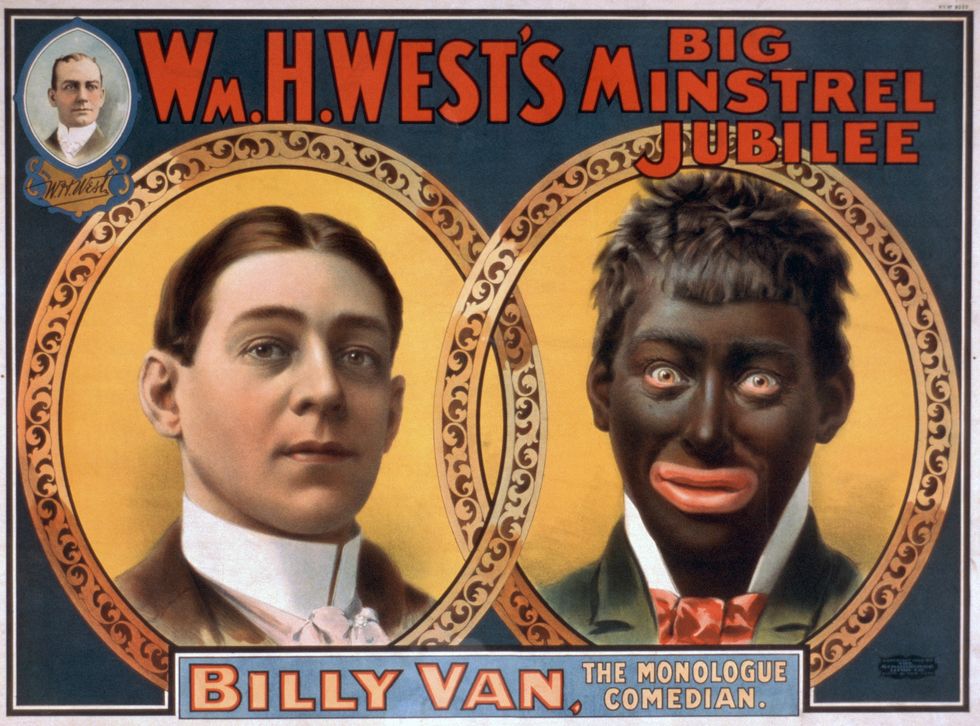The "Roaring Twenties" in America was a time of fast technological innovation and a new era in American culture. One of the most prominent highlights of the decade was the release of the 1927 hit, The Jazz Singer. The story of a young man attempting to make it big in the jazz music industry, The Jazz Singer includes a highly controversial action that is still a topic of discussion today- blackface.
Blackface is the application of black paint to the face of a white (or non-black) person so that they may perform a character who is in fact supposed to be the opposite race.
While many people still choose to believe that we have transformed ourselves, our current society is in a state of "color-blind racism", otherwise known as one's belief that they have trained themselves not to be racist, despite being internally racist whether they realize it or not.
This past Halloween, tension over racist costumes for children and adults skyrocketed, with leaked photos from college campuses and elementary schools portraying said costumes.
The most prominent examples were images of graduate students attending parties dressed as black jail prisoners, which is so obviously racist it hurts, and young girls dressed as Moana, which many people see as offensive to Hawaiians who went through oppression during the United States annexation of Hawaii.
In the year since the 2016 election, racial tension has only been on the rise in the United States. Videos of Americans discriminating against other people for speaking a foreign language or wearing particular clothing have surfaced on all social media platforms.
On top of that, most minority groups, from Native tribes to Muslims, have faced problems dealing with their land or access to rights.
The new ideology of "America First" has only given Americans the belief that being "first" enables them to be racists and/or bigoted toward the other groups they share their country with. Sociologists are beginning to believe that this has caused the increase in offensive costumes, as well the increase in those who do not find them offensive.
As far as the remaining existence of blackface goes, it still is not okay, nor has it ever been. Much of the debate over the relevance of blackface grew in the middle of the century with the Civil Rights Movement, as the nation began to finally move forward from the white ideology of as far back as the Civil War.
With all of this being said, the current United States government needs to come forward to put an end to the belief that racism has gone away or that "knowing a black person" does not entitle one to be racist.
Welcome to 2017, where "true Americans" do not discriminate by something as insignificant as skin color.

















